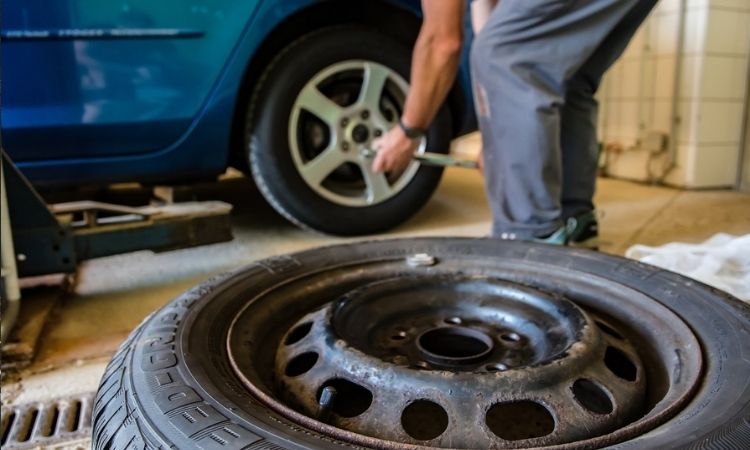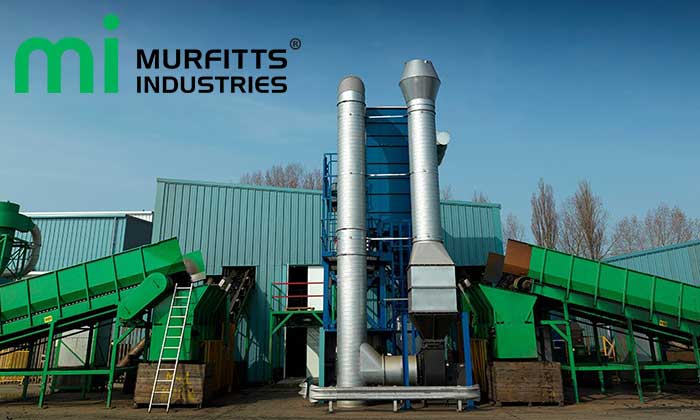Zeppelin Systems and RCB Nanotechnologies to innovate in tire pyrolysis together
Scrap tires go through numerous recycling processes before they become new tires. A distinction is made between material recycling (sorting, separating and granulating), raw material recycling (e.g., pyrolysis process) and chemical recycling as the final finishing step of pyrolysis worldwide.
As an integrated solution provider with over 40 years of experience in the tire industry, Zeppelin Systems collaborates with international partners in all aspects of scrap tire recycling. The German company RCB Nanotechnologies specializes in the finishing of raw-recovered carbon black. The company thus perfectly complements Zeppelin Systems' wide range of services throughout the sustainable circular economy for the tire industry.
Carbon black, commonly known as industrial soot, is found in almost every black rubber or plastic product. A large part of the high-tech industrial material produced – around 70% of the total worldwide production – is required for the production of tires. To produce one ton of carbon black, manufacturers use around 1.5 tons of fossil raw materials as well as large quantities of water. In addition, the carbon black manufacturing process generates up to three tons of CO2 emissions. It is estimated that there are currently around four billion scrap tires in landfills worldwide, and one used passenger car tire contains around three kilograms of carbon black. Thanks to innovative technologies for chemically treating scrap tires, this previously unused material could be recycled much better in the future.
“There is promising potential for customers and the environment in the industry-wide recovery of carbon black,” says Dr. Markus Vöge, CEO of Zeppelin Systems GmbH. “We want to offer our customers sustainable alternatives for tire production – with consistent quality and in sufficient quantity,” adds Guido Veit, Vice President Sales for Polyolefins, Rubber and Silos at Zeppelin Systems GmbH. This is exactly where the Friedrichshafen-based system engineering company together with RCB Nanotechnologies steps in.
RCB Nanotechnologies developed a revolutionary process in collaboration with the Fraunhofer Institute for Building Physics IBP. In this process, the ash content (of up to 25%) is separated from the raw recovered carbon black obtained by pyrolysis. The results are a high-quality and extremely pure recovered Carbon Black (rCB). Numerous tests with well-known tire manufacturers confirmed that the rCB quality is absolutely comparable to the original industrial material (conventional Carbon Black for example N660 or N772). Thus, certain standard Carbon Black grades can be 100% substituted in the future. In addition, other high-quality products are obtained in the process, such as silicon- or zinc-based compounds. This creates further, sustainable material cycles in the process for the construction and tire industry. As a solution provider and system integrator, Zeppelin Systems can easily integrate RCB Nanotechnologies technology into both current or new pyrolysis plants. As an engineering and implementation partner, we use our many years of experience to create solutions for the challenges of our customers on a daily basis.
Press release by Zeppelin Systems.
Weibold is an international consulting company specializing exclusively in end-of-life tire recycling and pyrolysis. Since 1999, we have helped companies grow and build profitable businesses.









